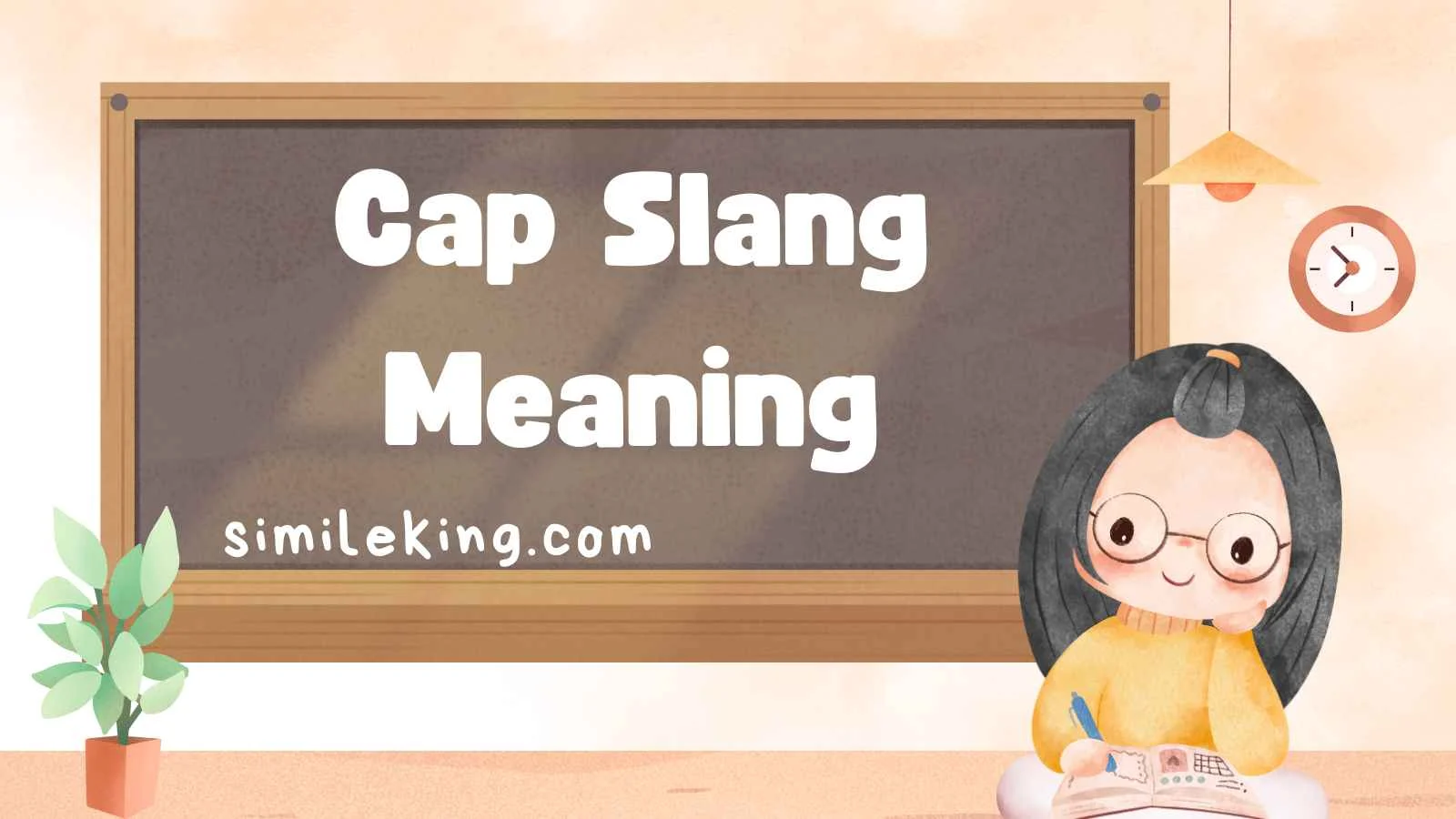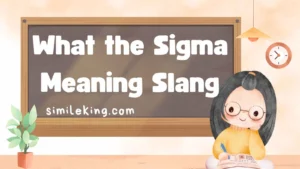In the fast-evolving landscape of internet culture and youth communication, slang terms often emerge, gain traction, and sometimes fade into obscurity.
One such term that has maintained its relevance and continues to permeate conversations, especially among Generation Z and Generation Alpha, is “cap.”
Understanding the nuances of “cap” and its counterpart “no cap” is essential for grasping contemporary digital communication.
What Does “Cap” Mean?
The term “cap” in slang denotes a lie or falsehood. When someone says “that’s cap,” they are asserting that a statement is untrue or exaggerated. This usage is rooted in African American Vernacular English (AAVE) and has been prevalent in hip-hop culture for decades. Over time, it has permeated mainstream internet culture, particularly through platforms like TikTok, Twitter, and Instagram.
Origins and Evolution
The exact origin of “cap” in this context is somewhat ambiguous. Some linguists trace its usage back to the 1940s, where “capping” referred to boasting or exaggerating. Over time, this evolved to signify lying or making false claims. The phrase “no cap,” meaning “no lie,” emerged as a way to emphasize truthfulness.
The Rise of “No Cap”
“No cap” has become a ubiquitous phrase among younger demographics, especially on social media. It serves as an emphatic declaration of honesty, akin to saying “I’m not lying” or “for real.” For instance, one might say, “That concert was amazing, no cap,” to underscore the sincerity of their statement.
Usage in Modern Contexts
In 2025, “no cap” continues to be widely used across various platforms. It’s often employed to assert authenticity or emphasize the truthfulness of a statement. For example:
- “The new season of that show was fire, no cap.”
- “I just finished a 12-hour shift, no cap, I’m exhausted.”
Despite its widespread use, it’s important to note that “no cap” is predominantly informal and may not be appropriate in formal or professional settings.
Nuances and Variations
While “cap” and “no cap” are widely recognized, their usage can vary based on context and tone. Understanding these nuances is crucial for effective communication.
Tone and Context
- Casual Conversations: In everyday chats, especially among peers, “no cap” can add emphasis and convey sincerity.
- Social Media Posts: Influencers and content creators often use “no cap” to assert authenticity in their posts.
- Music and Lyrics: Artists incorporate “no cap” to resonate with younger audiences and emphasize the truthfulness of their lyrics.
Regional Differences
While “cap” and “no cap” are widely used, their prevalence can vary by region. Urban areas with vibrant hip-hop scenes may see more frequent usage, whereas rural areas might be less familiar with the terms.
The Impact of “Cap” on Digital Communication
The incorporation of slang terms like “cap” and “no cap” has significantly influenced digital communication. They contribute to the evolution of language, reflecting cultural shifts and the influence of music, social media, and youth culture.
Influence on Language Evolution
Slang terms often emerge as a way for communities to establish identity and differentiate themselves. The widespread adoption of “cap” and “no cap” signifies a collective linguistic shift, influenced by various cultural and social factors.
Role in Social Media Culture
On platforms like TikTok and Twitter, the use of “no cap” can enhance engagement and relatability. It allows users to express authenticity and connect with their audience on a more personal level.
Conclusion
The terms “cap” and “no cap” have transcended their origins in African American Vernacular English to become integral parts of contemporary slang.
Their usage reflects broader cultural trends and the dynamic nature of language in the digital age.
As language continues to evolve, understanding these terms and their implications is essential for navigating modern communication effectively.





